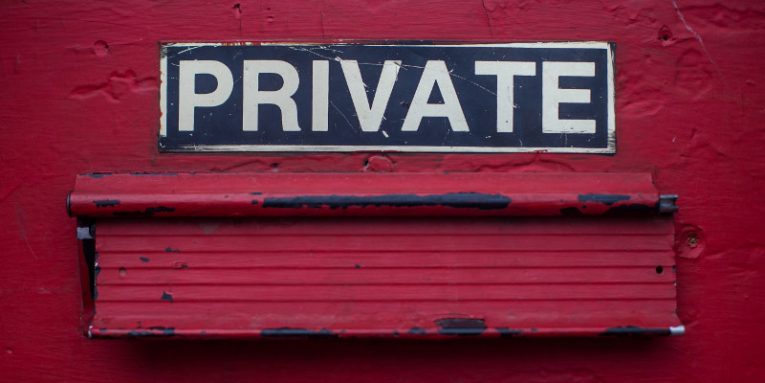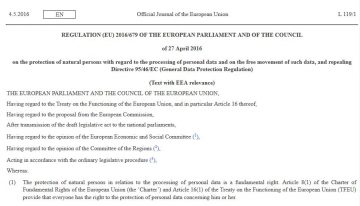Beware of Fake Online Forms and Giveaways If You Do Not Want to Leak Personal Data

In the past, it wasn't that hard to spot an online scam. While there were people falling for the con artists' schemes, most users were quick to learn that the ugly GIF animations saying that you've won $1 million were fake and that the Nigerian prince isn't going to be contacting you if he wants to move his father's wealth out of the country. Today, avoiding scams is not quite so easy.
There are now more people on the Internet, which inevitably means that there are more crooks. What's more, the criminals have learned one or two things over the years, and they have had plenty of time to perfect their techniques and improve their social engineering skills. The cons are now diverse, and new ones come out on a daily basis. Since millions of people use social networks every day, platforms like Facebook and Twitter have been turned into a breeding ground for all sorts of scams. We can't list all of them, but we'll show you a few real-life examples that will, hopefully, teach you to be more careful when you're liking, sharing, and retweeting things.
Table of Contents
Bogus giveaways
Some of these are easier to spot than others. You should know by now that Elon Musk isn't using Twitter to give millions of dollars' worth of Ethereum to overly excited cryptocurrency fans who have a few spare digital coins in their wallets. The same goes for the rest of the celebrities that are impersonated by fake accounts.
Other giveaway scams are more difficult to recognize because giveaways are actually a completely legitimate way of engaging people through social media, and many organizations use them. In some cases, fake accounts impersonate the said organizations, but often, the scammers reach more people via the "like and share to enter" technique. We've heard stories of users being contacted and told that they've won the prize. To claim it, all they need to do is fill in an online form. In some cases, the scammers would then contact the victim again, saying that a shipping fee of a few hundred dollars needs to be paid in order to get the prize. That way, crooks get not only a ton of personal information but also some cold, hard cash.
Quality sunglasses on the cheap
One of your Facebook friends has been tagged in a post that advertises Ray-Ban sunglasses which can be had for just over $10. The offer is too tempting to miss, and you click the link and happily enter all your personal information thinking that you've bagged the bargain of the century.
Best-case scenario – you've just spent a small amount of cash on low-quality cheap counterfeit sunglasses. Worst-case scenario – your credit card number, as well as the rest of your personal data, has been stolen by thieves.
To set the wheels in motion, crooks use hacked and inactive Facebook accounts to reach their victims. When they break into the hacked profile, they post the link and tag some friends. The people that are tagged are the first that will see and probably click on the malicious link, but their Facebook friends could also be exposed. The websites allegedly selling the fake sunglasses are usually botched together in a hurry and often leave visitors vulnerable not just to the crooks that launched them, but also to any in-the-middle hackers.
Data harvesting personality quizzes and third-party apps
Some people think that they are a colossal waste of time that brings nothing of value to your life whatsoever. Others reckon that they're an entertaining way of learning more about yourself.
It must be said that not all of the "Which Hollywood star is in love with you" type of games are malicious, but we also mustn't forget that the huge Cambridge Analytica scandal from a few months ago started with a personality quiz. If you don't really feel the need to learn what type of animal you were in your previous life, you'd be better off just ignoring the link. If you absolutely must know, then at least make sure that your eyes are well and truly peeled.
A personality quiz is basically a third-party application, and if it is to work, it needs to get access to some of the information in your Facebook/Twitter profile. Social networks are designed not to give third-party apps access to that information without your explicit consent. That's why, before you learn which US president looks the most like your dog, you get a dialog with a list of permissions. Make sure you read through them carefully before you proceed. As the Cambridge Analytica fiasco showed, your friends could also have their data exposed.
These, of course, are just three of the ways in which people will bad intentions could get their hands on your data. Steering clear of them won't guarantee that you'll remain safe. It should help you, however, develop the habit of being careful when you navigate through your Facebook and Twitter feeds. Far too many recent incidents have shown us how important this is.








